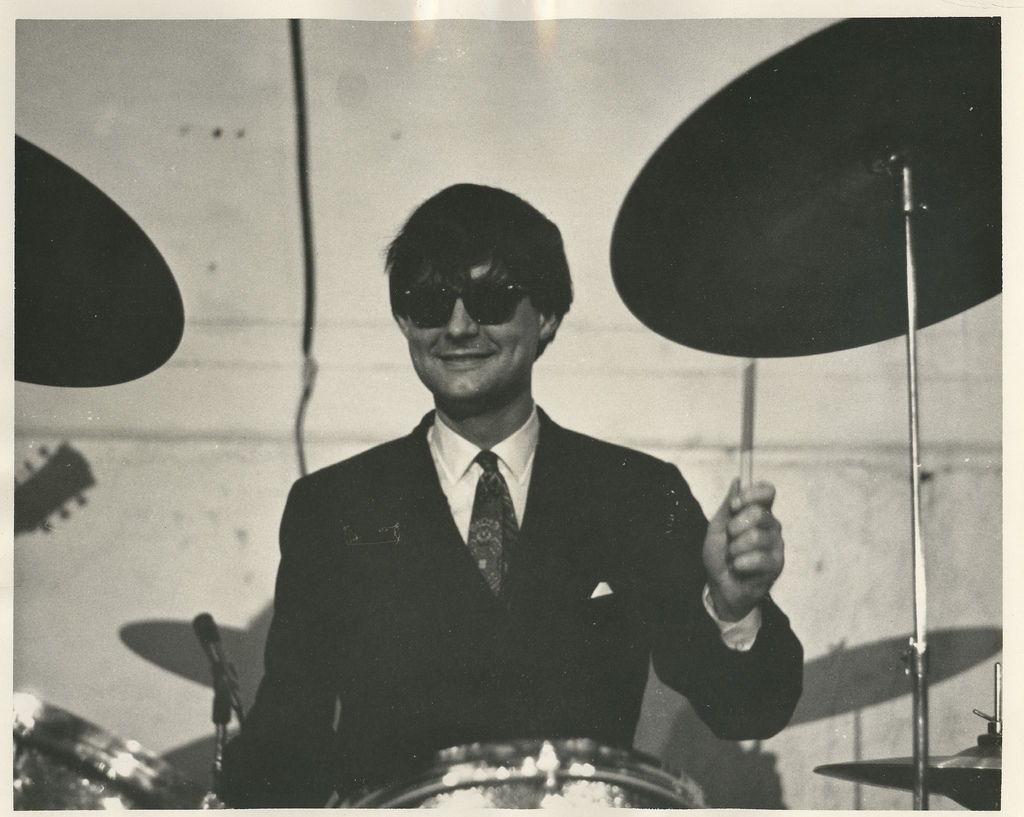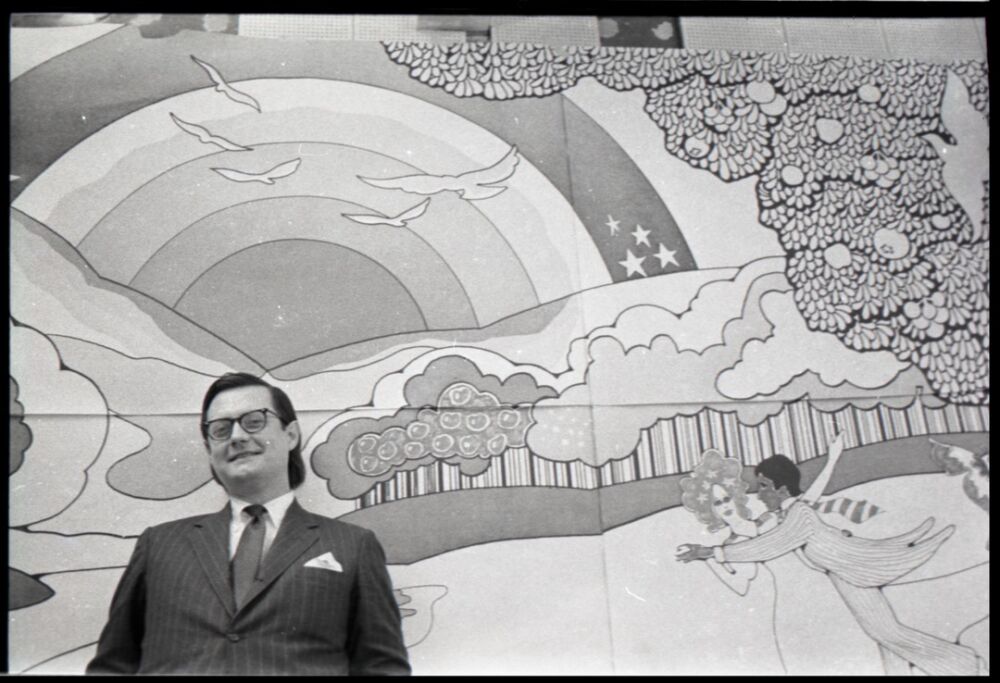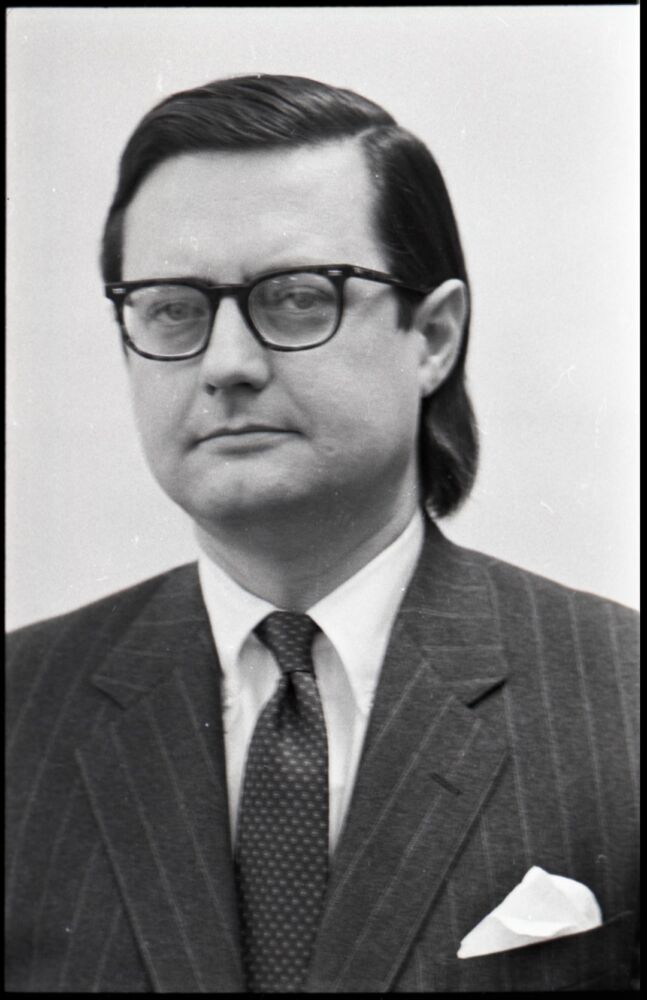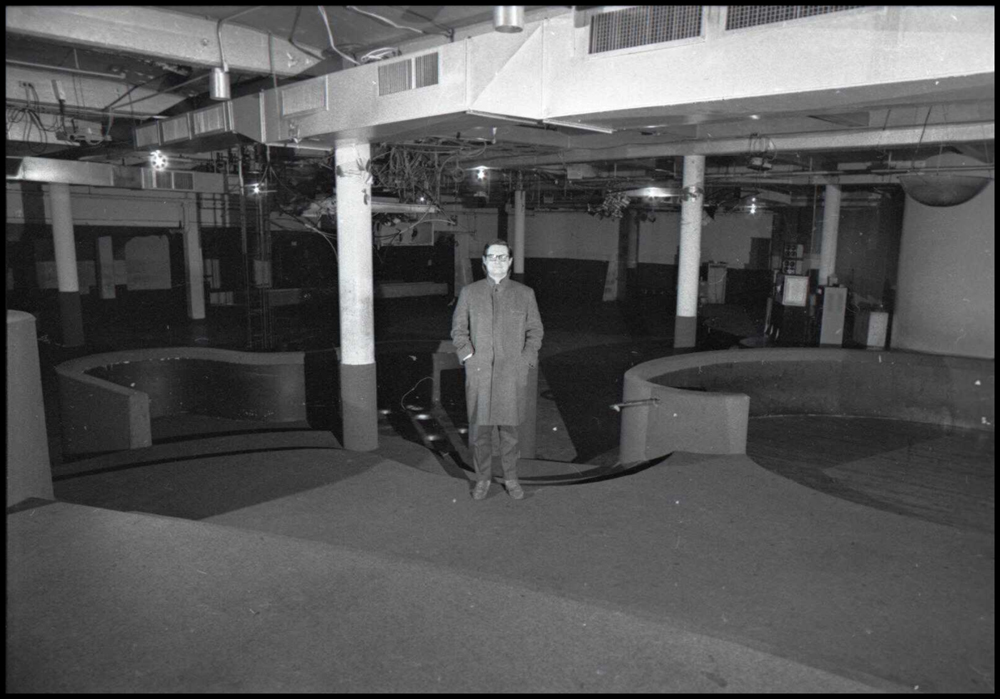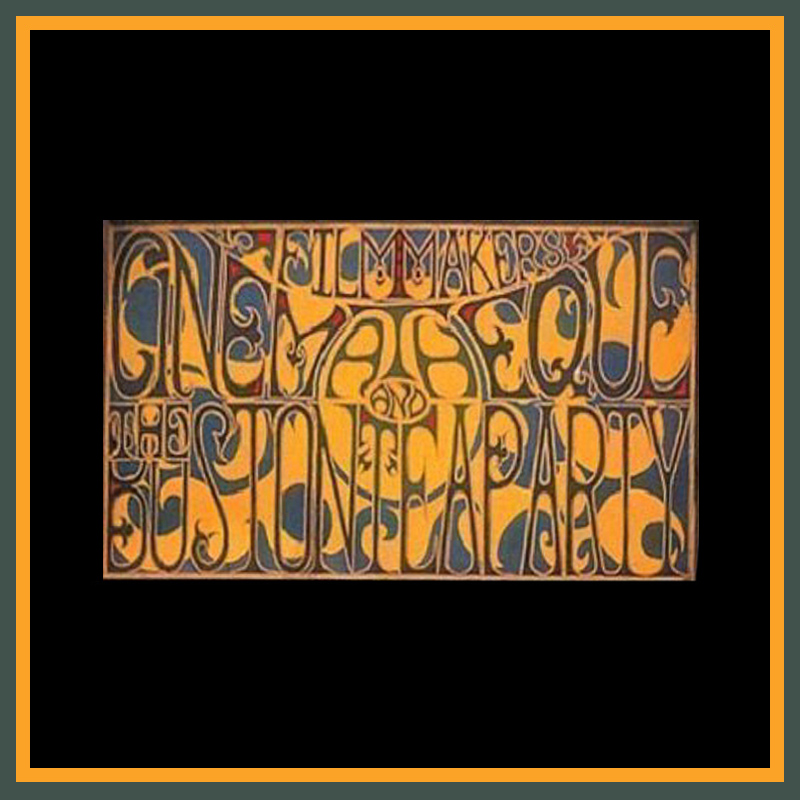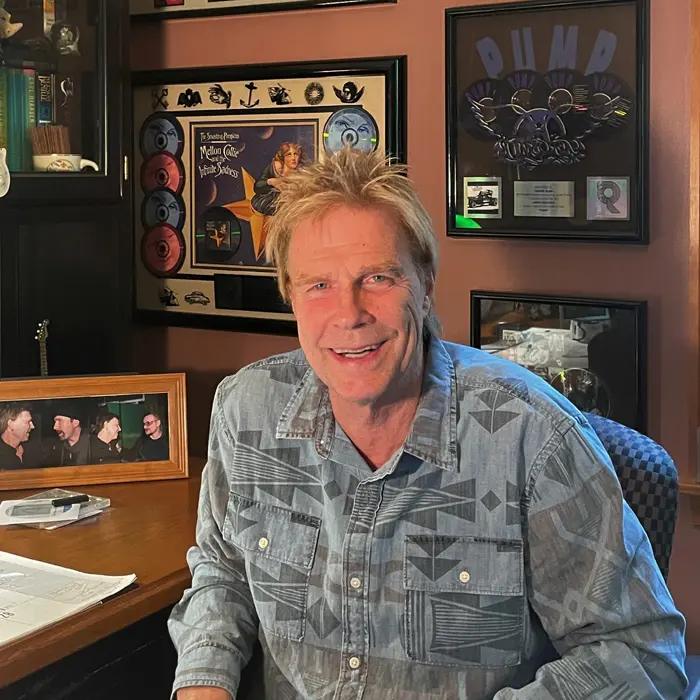Ray Riepen
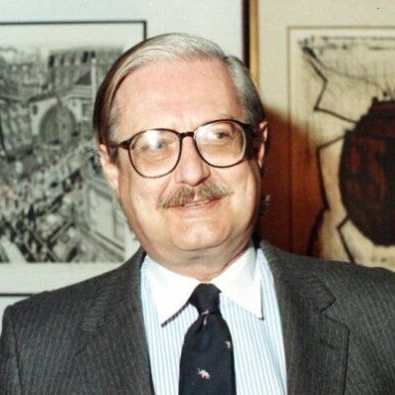
Ray Riepen
As a hippie entrepreneur and cultural prophet, Ray Riepen left a lasting impression in New England through his business startups, The Boston Tea Party and The Cambridge Phoenix (which morphed into The Boston Phoenix in 1972). Plus, in the relatively new frontier of FM radio, he envisioned and crafted the transition of WBCN from its failing classical-music format to the now-legendary “underground rock” experiment called “The American Revolution” in 1968.
Riepen was a bright attorney who hit town from Kansas City to pursue a master’s degree at Harvard Law School. By 1966, the seeds of the counterculture had been sown and he’d caught the buzz of the changing times, launching the city’s eventual preeminent rock ballroom, The Boston Tea Party, in January 1967. A year later, he approached a struggling WBCN and convinced the desperate ownership to allow him to experiment with a fledgling rock-music format during the overnight hours. “The idea of it,” Riepen said, “was to be free-form and spontaneous.” After the March 15 try-out succeeded, the new arrival became WBCN’s general manager, loosely shepherding a ragtag group of hippie deejays to commercial success while never submitting to the radio industry norm of top-40 programming.
Then, in September 1971, WBCN’s on-air personalities and office staff organized themselves into a labor union, which Riepen felt was completely unnecessary. By that time, though, a power struggle wasn’t worth it to the general manager, who had also been dealing with staff disagreements at the Tea Party and the Phoenix. The enigmatic businessman sold his interests in all three ventures and within days vanished from New England. Riepen had shuttled in and out of Boston in barely six years, yet his tenure indelibly altered the city’s cultural landscape even if his name was often overlooked in later years.
Riepen continued to be a business visionary after leaving Boston, always eschewing financial windfall for his reputation as an innovator who left the model for someone else to capitalize on. A wizard at launching novel businesses, he would always become bored of running them. Riepen established one of the first computer companies and actually owned an entire California town for a while as he moved to Los Angeles and eventually back to Lawrence, Kansas. He owned bookstores, speculated on Las Vegas real estate, worked the stock market and generally kept one or two steps ahead of everyone around him. Retired, he continued to foster an appreciation and love for the station whose impact on rock radio nationwide was substantial, regularly returning from the Midwest to attend WBCN reunions even after that famous format and call-sign ceased Boston operations in 2009.
(by Carter Alan)
Carter Alan is a former WBCN deejay now heard on WZLX-FM in Boston. He’s the author of Outside is America: U2 in the U.S. (Faber & Faber, 1992), U2: The Road to Pop (Faber & Faber, 1997), Radio Free Boston: The Rise and Fall of WBCN (University Press of New England, 2013) and The Decibel Diaries: A Journey Through Rock in 50 Concerts (University of New England Press, 2017).

